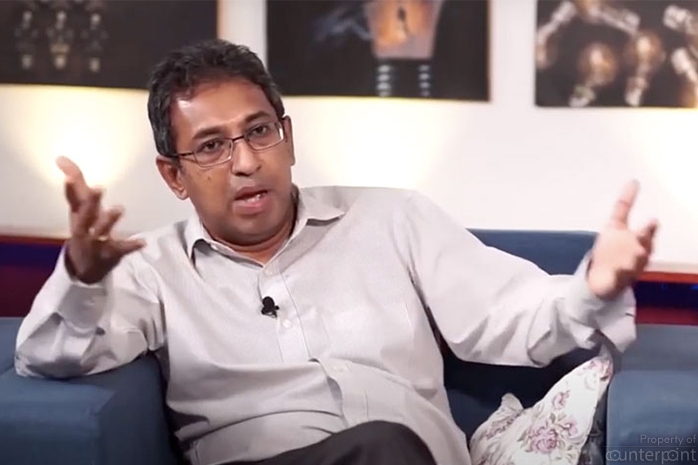Parliamentarian and Public Finance Committee chair Dr. Harsha de Silva criticised the Online Safety Bill in Parliament yesterday, calling it an “archaic and draconian piece of legislation” that violates fundamental principles and represents a significant overreach by the government.
His critique underscores the potential damage this bill could inflict on both investment prospects and freedom of expression in Sri Lanka.
At the heart of MP Harsha’s criticism lies in the bill’s creation of a commission appointed by the President, which would be tasked with determining the veracity of online content.
He rightfully questioned the credibility of such a commission when the government itself has been accused of misleading the public, including misrepresenting its financial reserves to the tune of billions when they were merely in the millions.
MP Harsha de Silva’s critique is grounded in the potential ramifications of this bill. He points out that global tech giants such as Google, TikTok, Meta (formerly Facebook), and others are unlikely to comply with laws that impose restrictions on their operations and force them to police content based on arbitrary judgments. This begs the question: can a financially troubled country with an authoritarian regime realistically dictate terms to some of the world’s largest tech companies?
The online safety bill, according to MP Harsha, “imposes unfair obligations on platforms to police content over and above what is necessary” and lacks foresight in considering future technological advancements, such as AI and its role in verifying authenticity. He raises a valid concern that these restrictive laws could drive these major tech players away from Sri Lanka, thereby contradicting the government’s apparent desire to attract foreign investment.
As MP Harsha articulates, “On one hand, you want them to come and invest, and on the other, you’re bringing legislation to curb their operations. This is a major contradiction.” It is a contradiction that could have far-reaching implications for Sri Lanka’s economic growth and technological progress.





